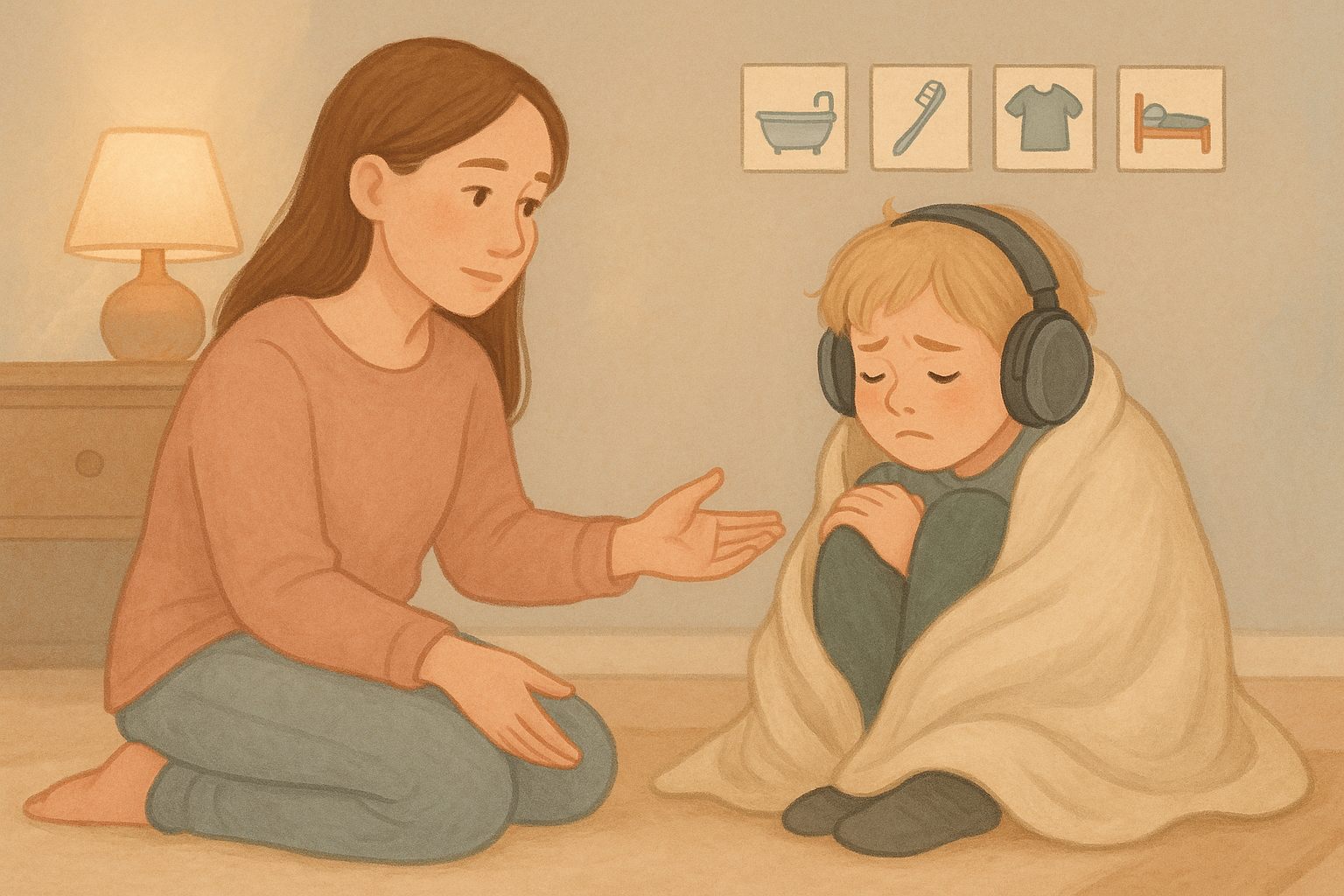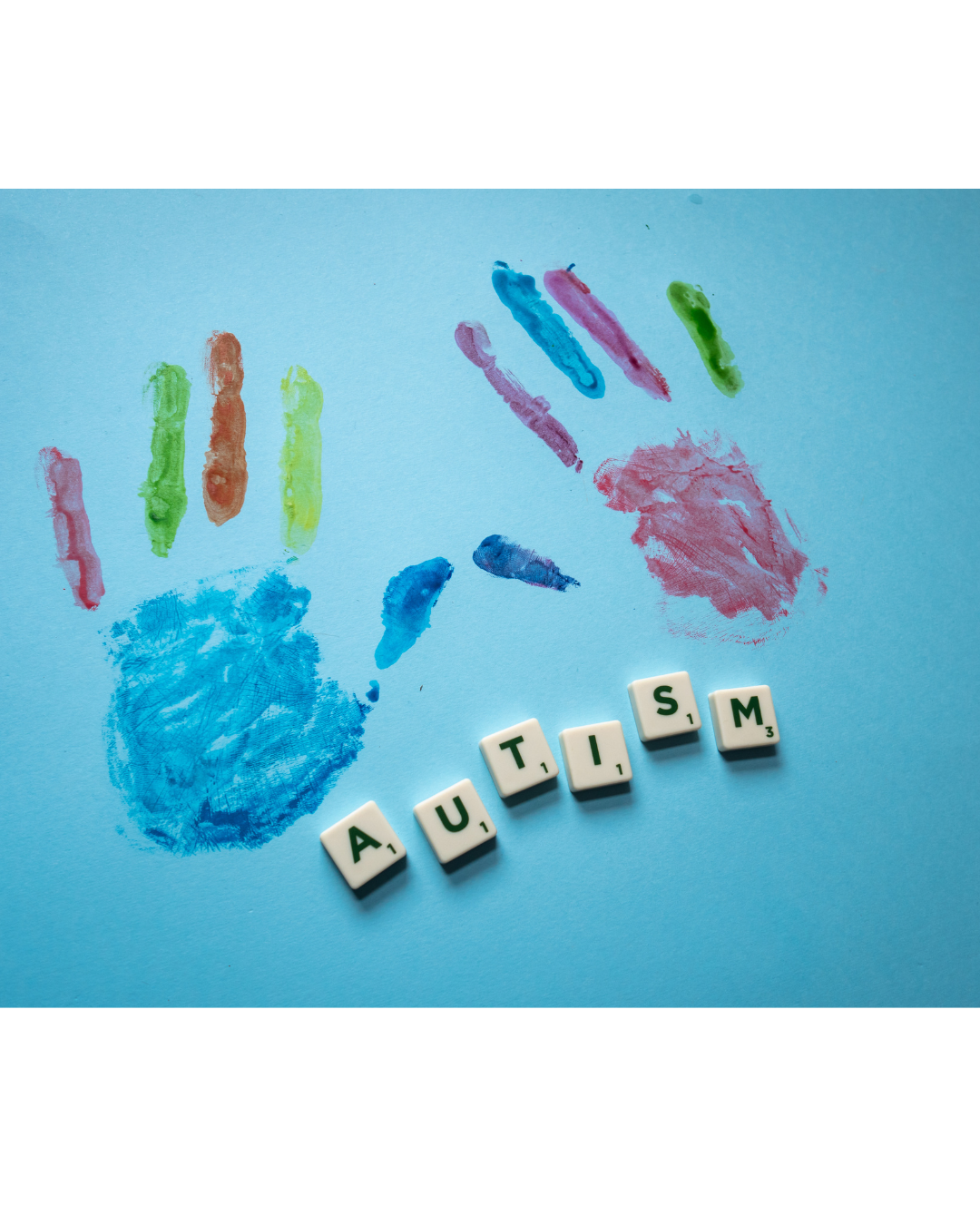The Impact of Exclusion: What Happens When We Don’t Support SEN Children
Recent figures from across the UK show that children with special educational needs (SEN) are still disproportionately more likely to be excluded from school.
Despite growing awareness and new policies aimed at inclusion, many families still find themselves fighting for basic understanding and support - not because their children are misbehaving, but because the systems around them weren't designed with neurodivergent children in mind.
In England, pupils with an Education, Health and Care Plan (EHCP) were six times more likely to be excluded than their peers.
(Source: Department for Education)
1. Why It's Happening
For many neurodivergent children, including those with autism, ADHD, sensory processing disorder and other SEN profiles, the school environment itself can be overwhelming:
Bright lights, loud noises, busy corridors
Unpredictable routines and transitions
Limited opportunities for movement or regulation
Social confusion or communication barriers
These stressors can lead to shutdowns, meltdowns, or behaviours that are often misunderstood as "bad behaviour" when really, they're often signs of distress.
2. It's Not About 'Defiance'
Many parents report feeling judged or dismissed when raising concerns about their child's needs. Instead of receiving support, they are often made to feel their child is being "difficult" or "disruptive."
This lack of understanding creates a dangerous pattern: schools that aren't equipped to respond with compassion often respond with punishment and exclusion becomes the default.
But it's not about defiance. It's about children trying to survive in environments that ignore their needs.
3. It Doesn't End at School
This isn't just a school issue it's a long-term one.
When children are excluded or unsupported, it can severely impact their self-esteem, trust in adults, access to education, and ability to develop everyday skills.
This can continue into adulthood. One of the clearest examples of this is employment:
According to the UK's Office for National Statistics, only 29% of autistic adults are in any form of employment, the lowest rate of any disability group.
(Source: ONS)
If we're not building inclusive environments and daily routines in early life, we're making it harder for young people to thrive not just in school, but in their futures.
4. What Needs to Change
Real inclusion starts with:
✅ Sensory Aware Environments
✅ Trauma Informed Training
✅ Flexible Approaches to Behaviour and Communication
✅ Daily Tools that Support Regulation and Routine
We must move away from behaviourist approaches that focus on compliance and instead build systems that understand the child first.
5. How We're Playing Our Part at Sensory Shine
At Sensory Shine, we believe that inclusion isn't just a policy it's something families should feel in everyday life.
Something as simple as brushing your teeth might feel small but for many neurodivergent children, it's a major source of anxiety and sensory overwhelm.
Our products are designed to reduce that stress and empower independence because developing skills in everyday routines can build confidence that lasts far beyond the bathroom sink.
When children are given the tools and understanding they need, they're more likely to develop habits that:
Support their wellbeing
Boost self-esteem
Promote independence
Set the foundation for success later in life
6. Final Thoughts
Every child deserves environments and tools that meet them where they are. Whether that's in a classroom, a bathroom, or the world of work in the future.
If you're a parent, educator or therapist working to make your space more inclusive, we'd love to connect. Let's keep building a world that works better for every child especially those too often left out.
❓ FAQ's
1. Why are neurodivergent children more likely to be excluded from school?
Because schools often aren't designed for sensory or communication differences. What's seen as "bad behaviour" is often a child's distress signal, not defiance.
2. How does exclusion affect neurodivergent children later in life?
Exclusion can damage confidence, disrupt education, and limit life opportunities. Only 29% of autistic adults in the UK are employed, the lowest rate for any disability group.
3. What can help children with sensory needs feel more included?
Understanding their needs, creating sensory-friendly environments, using the right tools at home and school, and working with families, not against them.
4. How does Sensory Shine help?
We curate sensory-friendly products and share practical tools for brushing routines, helping reduce anxiety and build confidence, one small win at a time.
ClicK HERE to visit us and see how we can support you




Leave a comment
This site is protected by hCaptcha and the hCaptcha Privacy Policy and Terms of Service apply.